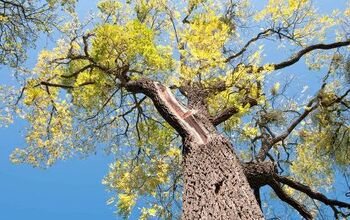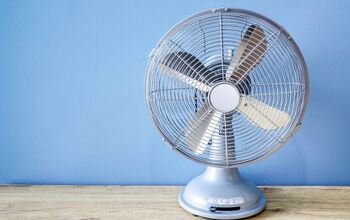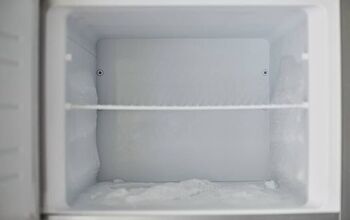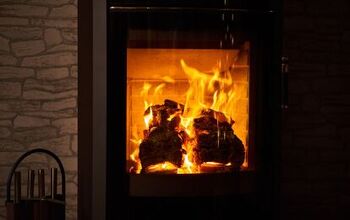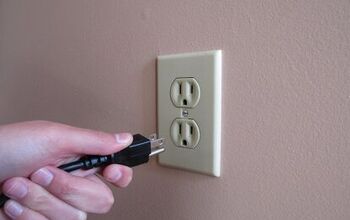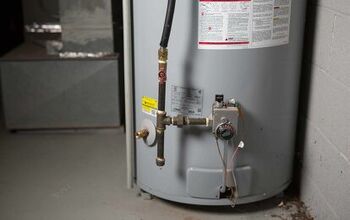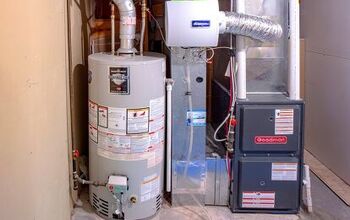What Is The Best Mulch To Use To Avoid Termites? (Find Out Now!)

The thought of a termite infestation makes many homeowners cringe. These tiny pests can have a huge impact–and not in a positive way. If you’re looking to avoid termites, one of the best things you can do is choose a termite-resistant mulch.
Melaleuca mulch, cedar mulch, cypress mulch, and inorganic mulch are all termite-resistant mulch options, but cedar mulch is the best. Cedar mulch contains resin that is fatal to termites, and it has other benefits like moisture retention and weed reduction. Not only that, but cedar mulch also deters other pesky insects like cockroaches and odorous house ants.
Do You Need Pest Control Services?
Get free, zero-commitment quotes from pro contractors near you.

What Is Mulch?
Mulch is a layer of material placed on top of the soil. It’s intended to conserve the soil’s moisture, enhance its health and fertility, and reduce weed growth. Mulch is also a quick and easy way to improve the appearance of your landscaping and increase your curb appeal.
So, what material is mulch made from? There are many different kinds of mulch out there, and they all come with their own advantages and drawbacks. The most common mulch materials include shredded bark, straw, compost, stone or river rock, and pine or cedar bark chips.
Does Mulch Attract Termites?
The mulch itself does not attract termites; it’s the moisture of the mulch that termites find appealing. Their ideal environment is one filled with moisture, which is why it may seem like mulch can attract termites.
Termite-Resistant Mulch Options
Luckily, several different types of mulch on the market resist, repel, or are even toxic to termites. Check out the various termite-resistant mulch options below.
Melaleuca Mulch
Melaleuca mulch is an organic mulch that comes from the melaleuca tree, which originated in Australia. Nowadays, the tree is also grown in Florida. One of the biggest benefits of melaleuca mulch is that it helps control termites.
Technically, melaleuca mulch is considered to be termite-resistant. In laboratory tests, termites were least attracted to melaleuca mulch in comparison to five other types of mulch. Termites don’t like to eat or live under melaleuca mulch.
Another reason to choose melaleuca mulch for your landscaping is that it’s eco-friendly. The melaleuca tree is an invasive species, and using it for mulch combats its negative effects on the environment.
A potential issue with melaleuca mulch is that it may not always be readily available locally, depending on your location. However, you should be able to request that your local hardware store order it for you.
Cedar Mulch
Cedar mulch is one of the most popular mulch options, and its resin is deadly to termites. Not only that, but it can also deter other insects, including odorous house ants and cockroaches.
There are plenty of advantages that come with using cedar mulch for your landscaping. It’s great for moisture retention, weed growth reduction, and soil insulation. Plus, it’s one of the most aesthetically pleasing mulches with its rich color. It has a pleasant scent as well!
One of the downsides to cedar mulch is that it’s on the pricier side compared to other types of mulch. It can also deter beneficial insects and make the soil more acidic.
Cypress Mulch
Considered termite-resistant, cypress mulch has some other great benefits as well. It has a slow rate of decay and anti-fungal properties that can reduce the risk of mold. It’s also one of the most inexpensive mulch options.
One thing to look out for is cypress mulch that contains sapwood. If you want to deter termites, the sapwood will not help you! It actually attracts termites, as sapwood is one of their favorite meals.
Something to keep in mind when considering cypress mulch is that the cypress industry is not sustainable. Cypress forests are essential for the ecosystems of southern states, but they’re being harvested more quickly than they can regrow.
Inorganic Mulch
Of course, termites won’t eat plastic or shredded rubber, so inorganic mulch won’t be a meal for these pests. The downside is that inorganic mulches tend to hold a lot of moisture, and that moisture can attract termites.
There are tons of different kinds of inorganic mulch to choose from, and they’re usually more cost-efficient than organic options. This is because even though they’re a bigger investment upfront, they last much longer than organic mulch does.
Which Mulch Is Best For Preventing Termite Infestations?
Of the four mulch options we discussed above (melaleuca, cedar, cypress, and inorganic), which is the best choice?
Overall, cedar mulch is ideal for preventing termite infestations. Unlike the other types of mulch, cedar mulch isn’t just termite-resistant; it contains resin that is deadly to termites. It’s also an effective deterrent for other pesky insects.
Cedar mulch does cost a bit more out of pocket. However, it’s a high-quality mulch that is easy to find at your local hardware store. It truly serves its purpose when used as a preventive measure for termite infestations. Plus, it looks and smells great as part of your landscaping.
Tips To Make Your Home Less Attractive To Termites
Aside from using termite-resistant mulch, here are some general guidelines that will help keep the pests away.
Keep Up With Termite Inspections
The first step in preventing termite infestations is to stay up-to-date on inspections and treatments. Ideally, homeowners should get their homes inspected for termites every year.
Stack Firewood At A Distance
Rather than stacking firewood against or near the house, find an area that’s a bit farther away. Termites have an amazing ability to locate wet wood, and firewood stored outdoors often has a lot of moisture. Therefore, keeping it away from the house will keep the termites away as well.
Clear Wood Debris
Perhaps you have a construction project going on, or you otherwise have wood debris around your home or lawn. Be sure to pick it up and clear it away as soon as possible.
Place Mulch Strategically
You should never place mulch within a foot of your home’s foundation. The moisture in mulch can attract termites. Therefore, if the mulch is close to your foundation, the termites may find their way in and cause major damage.
Make Space For Bare Ground
Around the perimeter of your home, it’s best to have at least a foot of bare ground to deter termites.
Check For Condensation
Air conditioning units and other water sources can produce condensation. Double-check that any condensation or irrigation does not come into contact with your home’s foundation.
Keep Mulch Depth Low
It’s sometimes recommended to use about three inches of mulch. But when your goal is to prevent termite infestations, two inches is a better choice. The deeper the mulch, the more moisture, and the more attractive the mulch becomes to termites.
Do You Need Pest Control Services?
Get free, zero-commitment quotes from pro contractors near you.

Related Questions
Are termites attracted to light?
Some types of termites are attracted to light. These include swarming termites and winged termites. If you have external lights, you may attract swarms of termites to your home.
Are termites nocturnal?
Termites are not nocturnal, and they’re not diurnal either. In fact, termites don’t sleep at all. They’re a rare type of organism that can feed 24/7 without ever stopping.
Is mulch termite food?
On its own, mulch does not attract termites. However, if your mulch is consistently moist, the moisture will encourage termites to explore the area. Mulch is not the ideal form of sustenance for termites, though, and they won’t thrive on it.

With a lifelong passion for writing plus strong enthusiasm for home improvement and DIY projects, joining the team at Upgraded Home was an easy choice. Jessica Allen likes to share helpful information with current and aspiring homeowners. Aside from writing, Jessica loves doing yoga, playing the piano, and dabbling in graphic design.
More by Jessica Allen



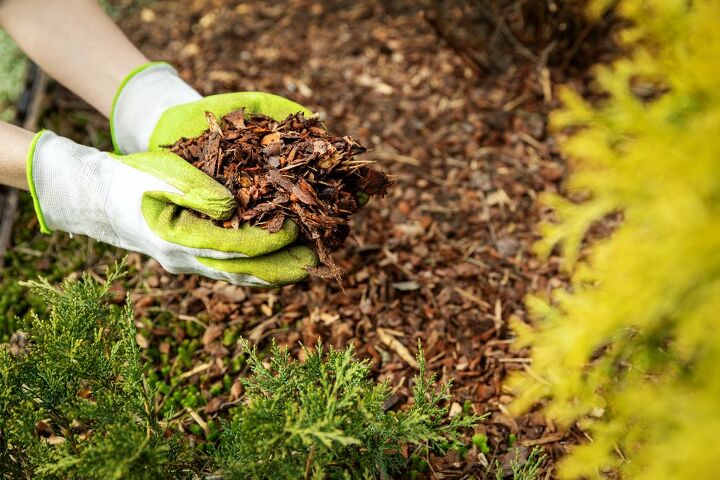
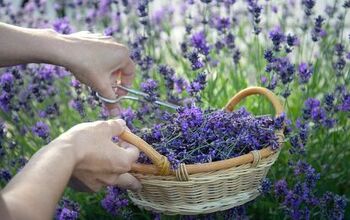





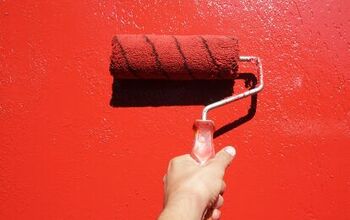
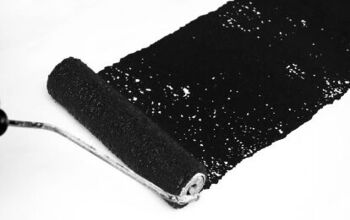
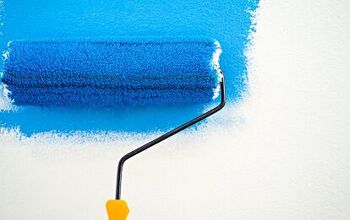
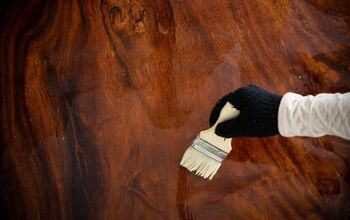
![Finishing Basement Without Permit [Is It Really Illegal?]](https://cdn-fastly.upgradedhome.com/media/2023/07/31/9070078/finishing-basement-without-permit-is-it-really-illegal.jpg?size=350x220)
